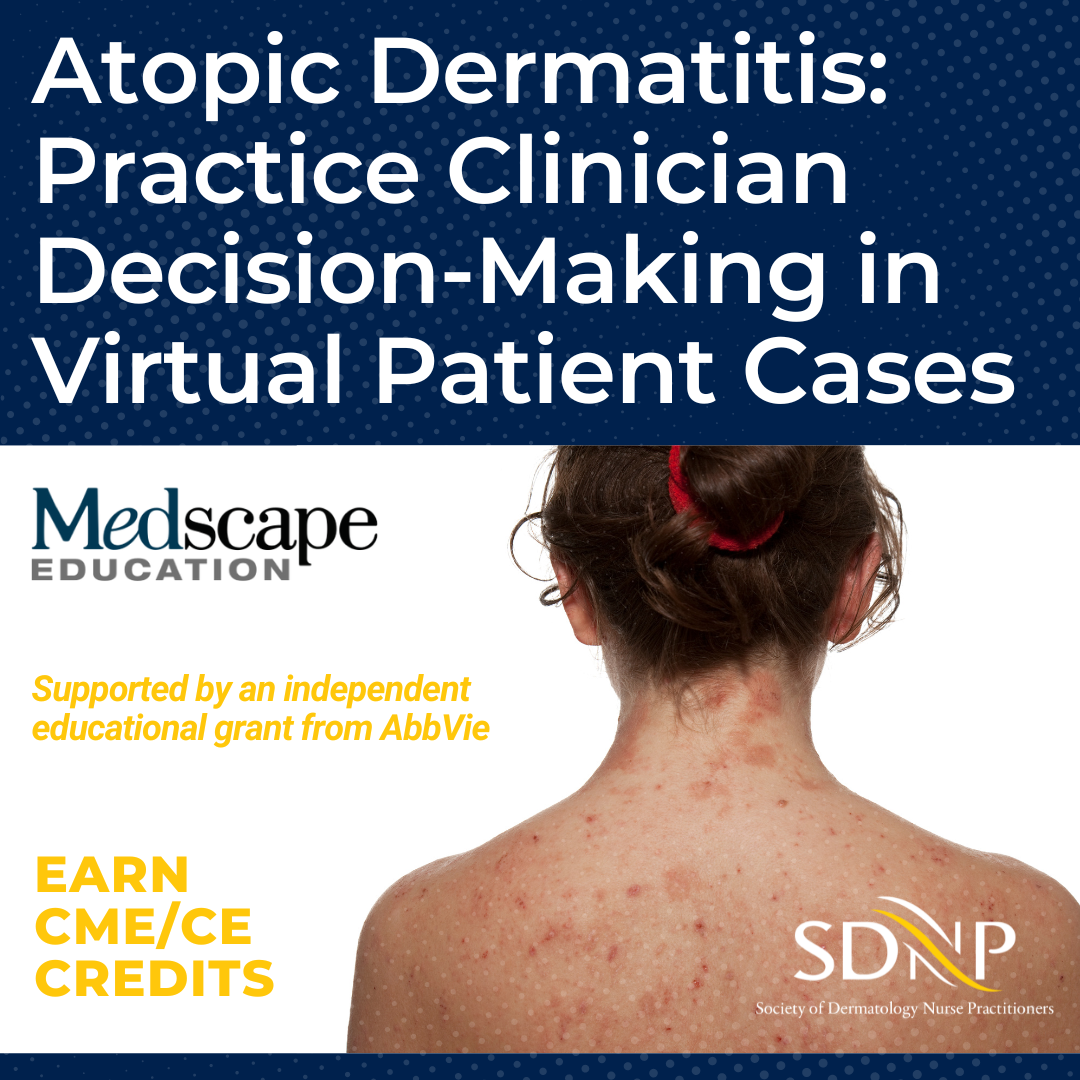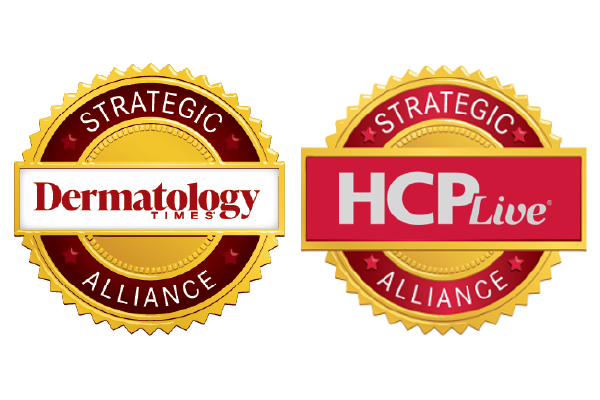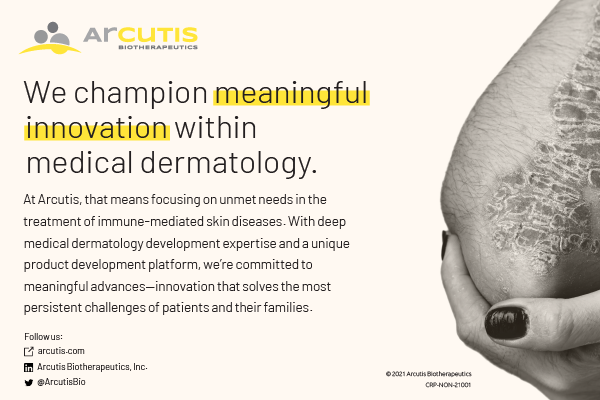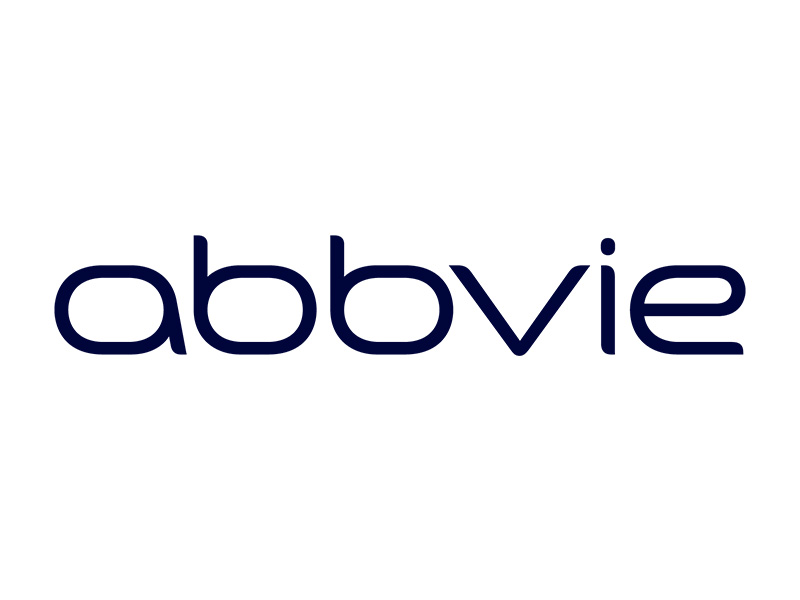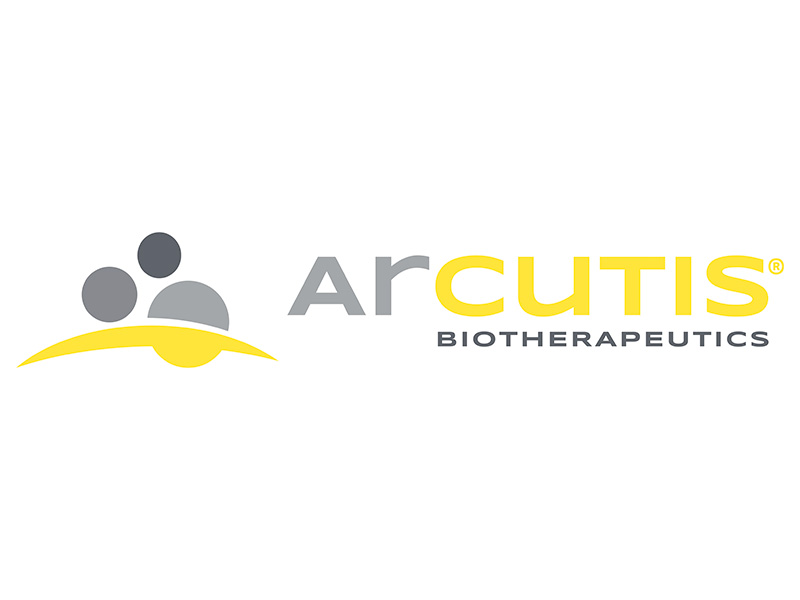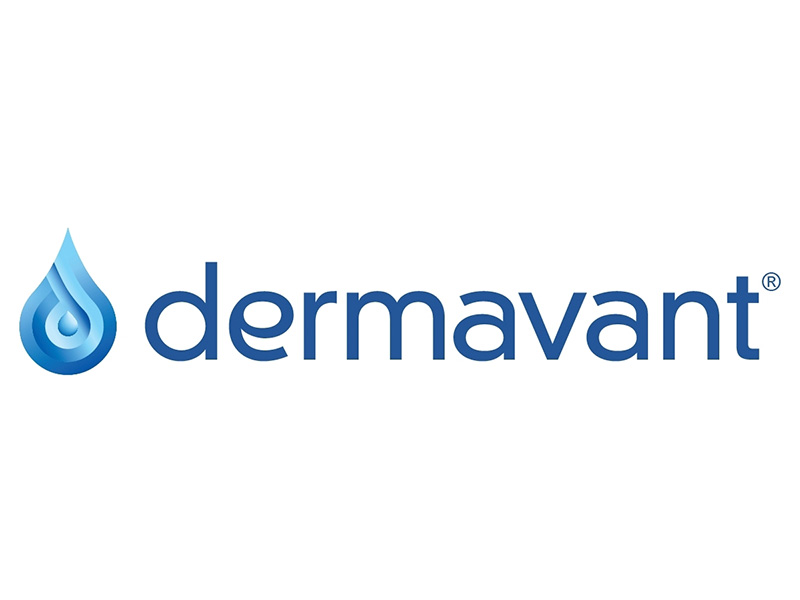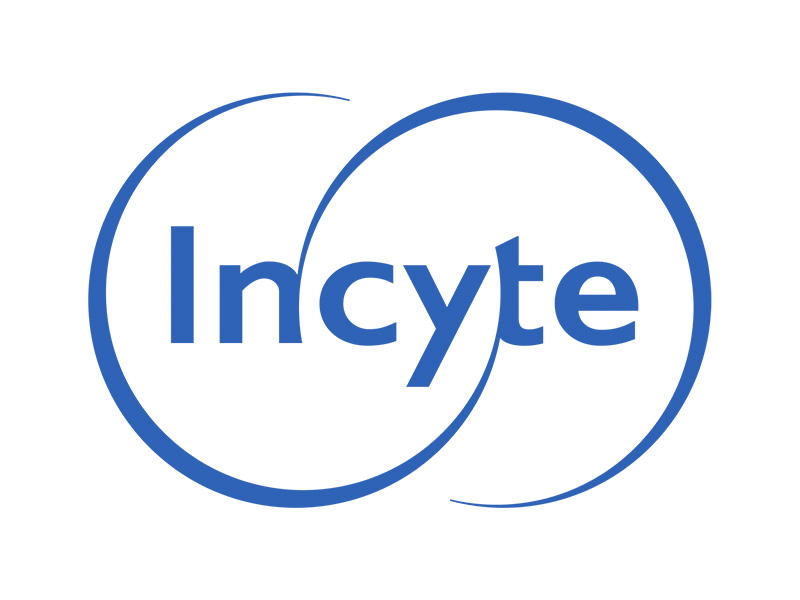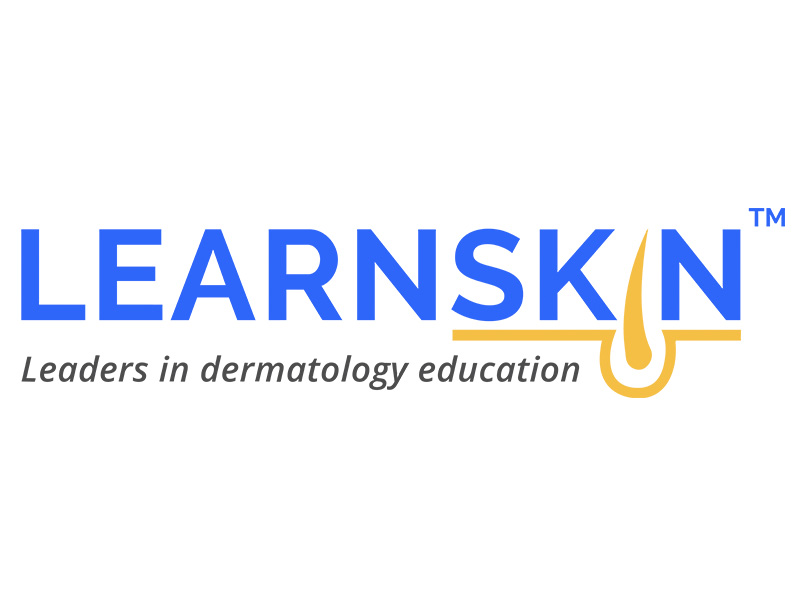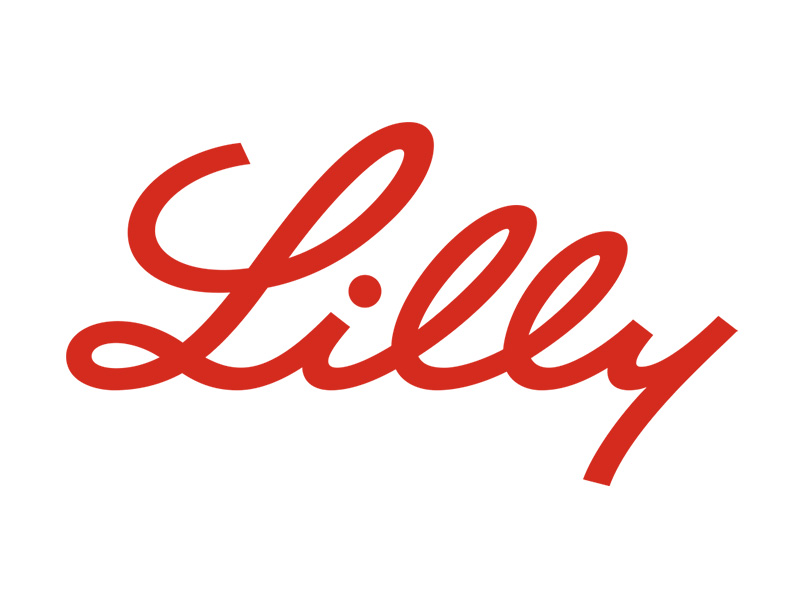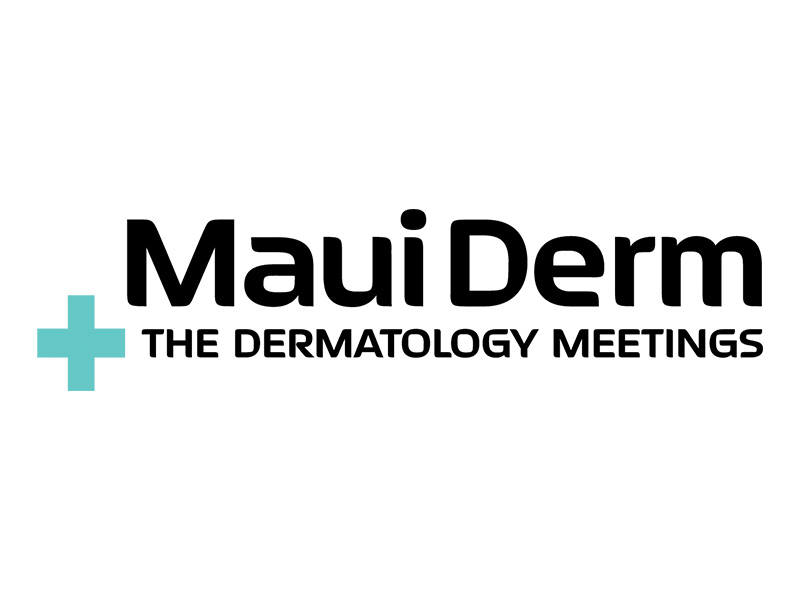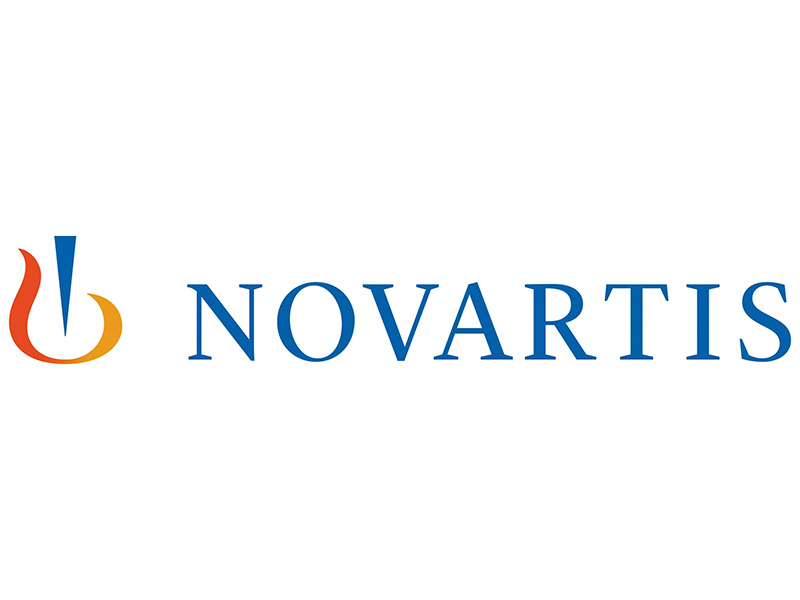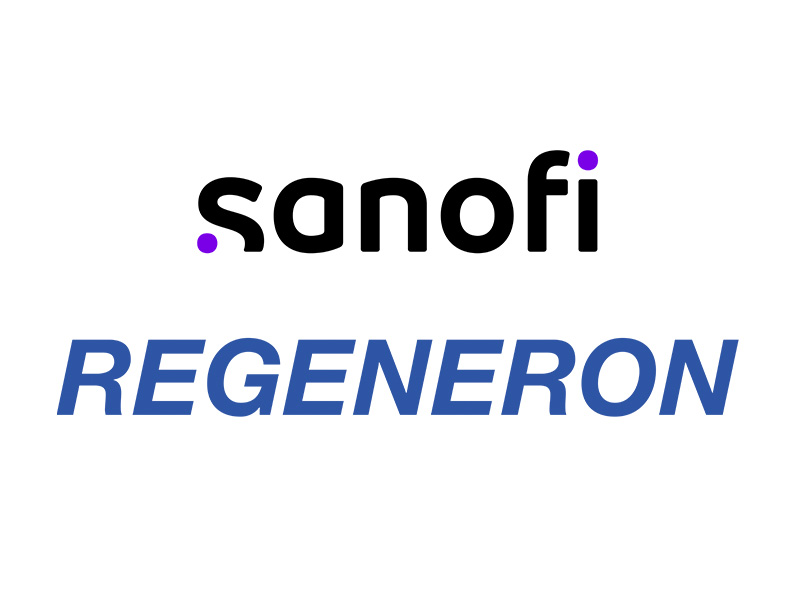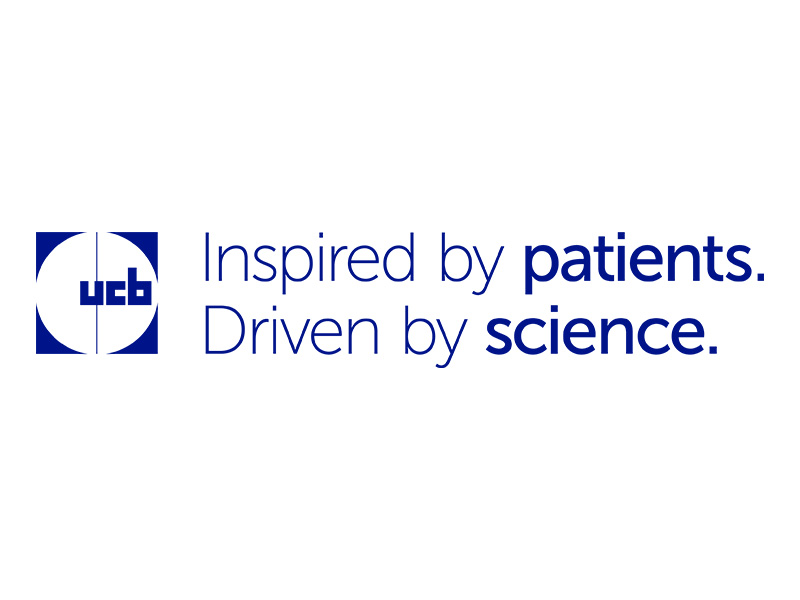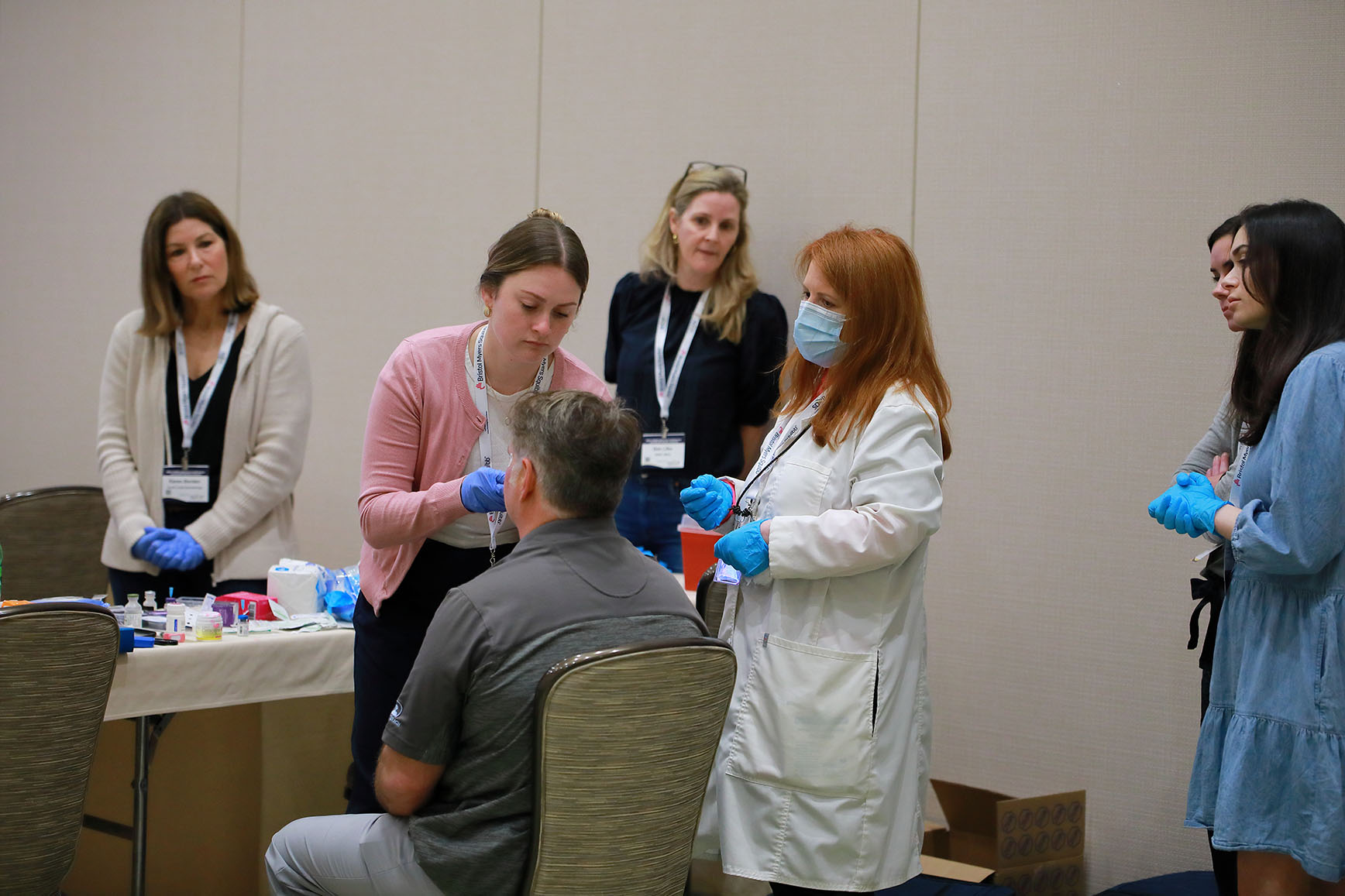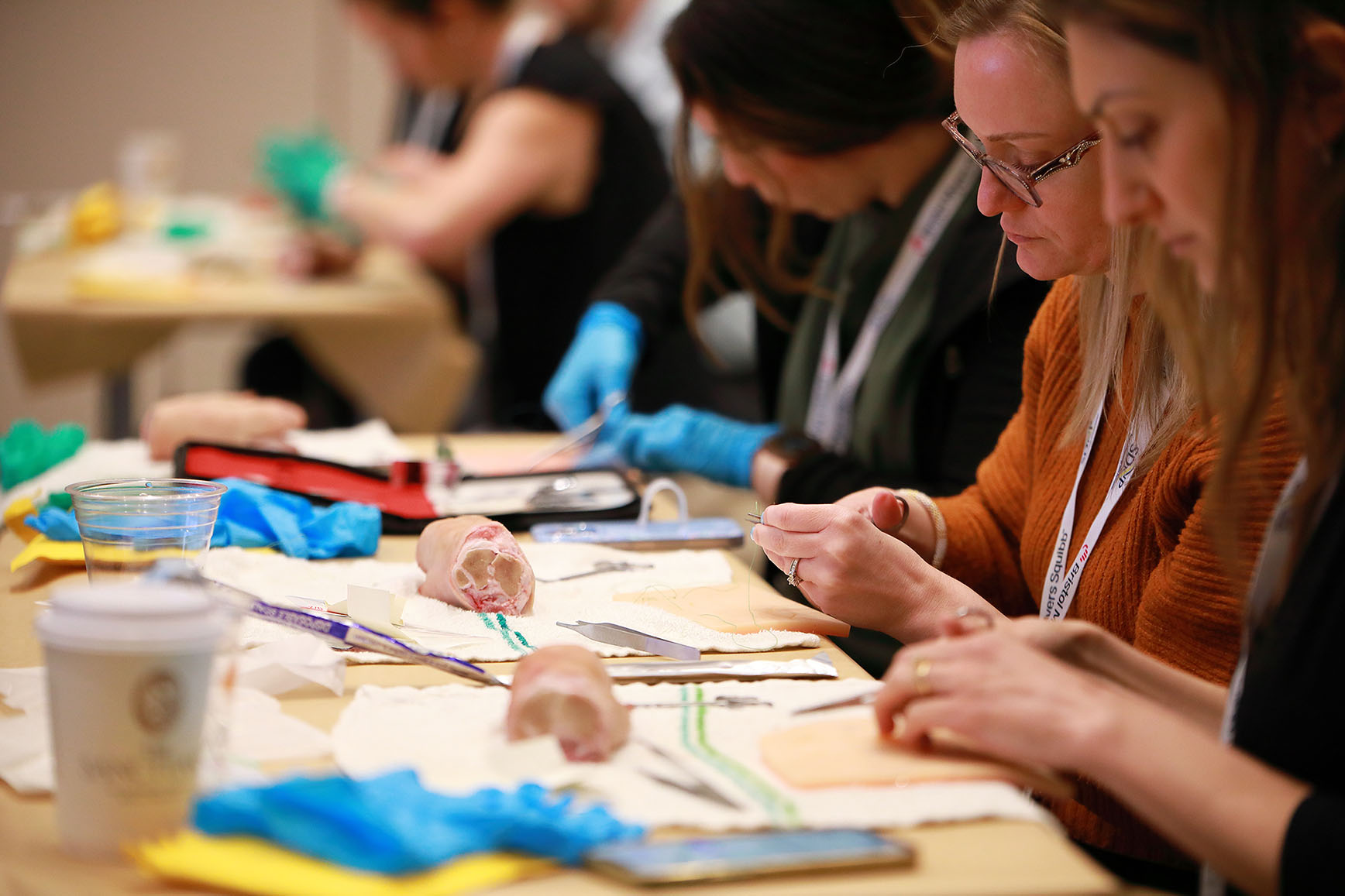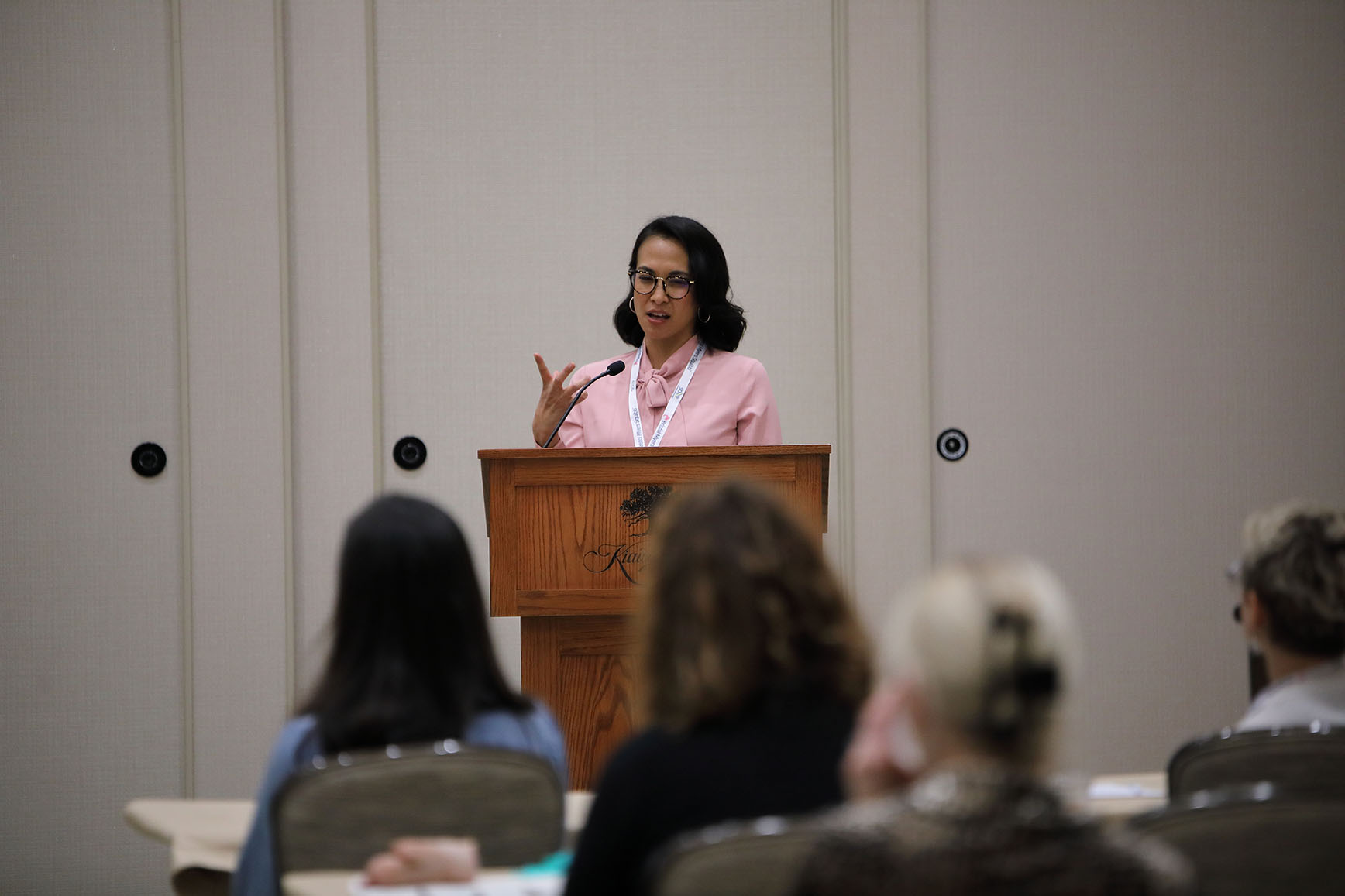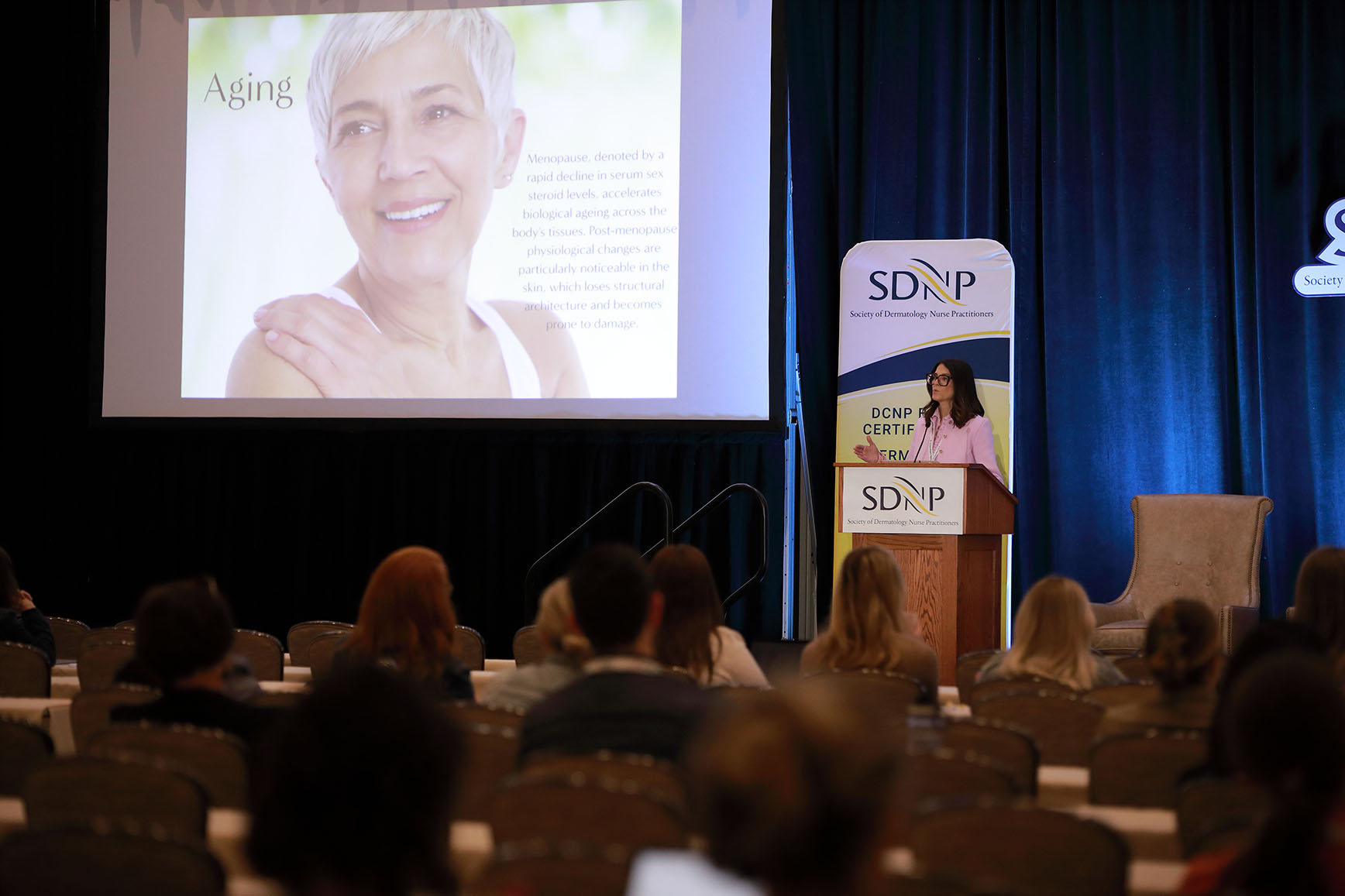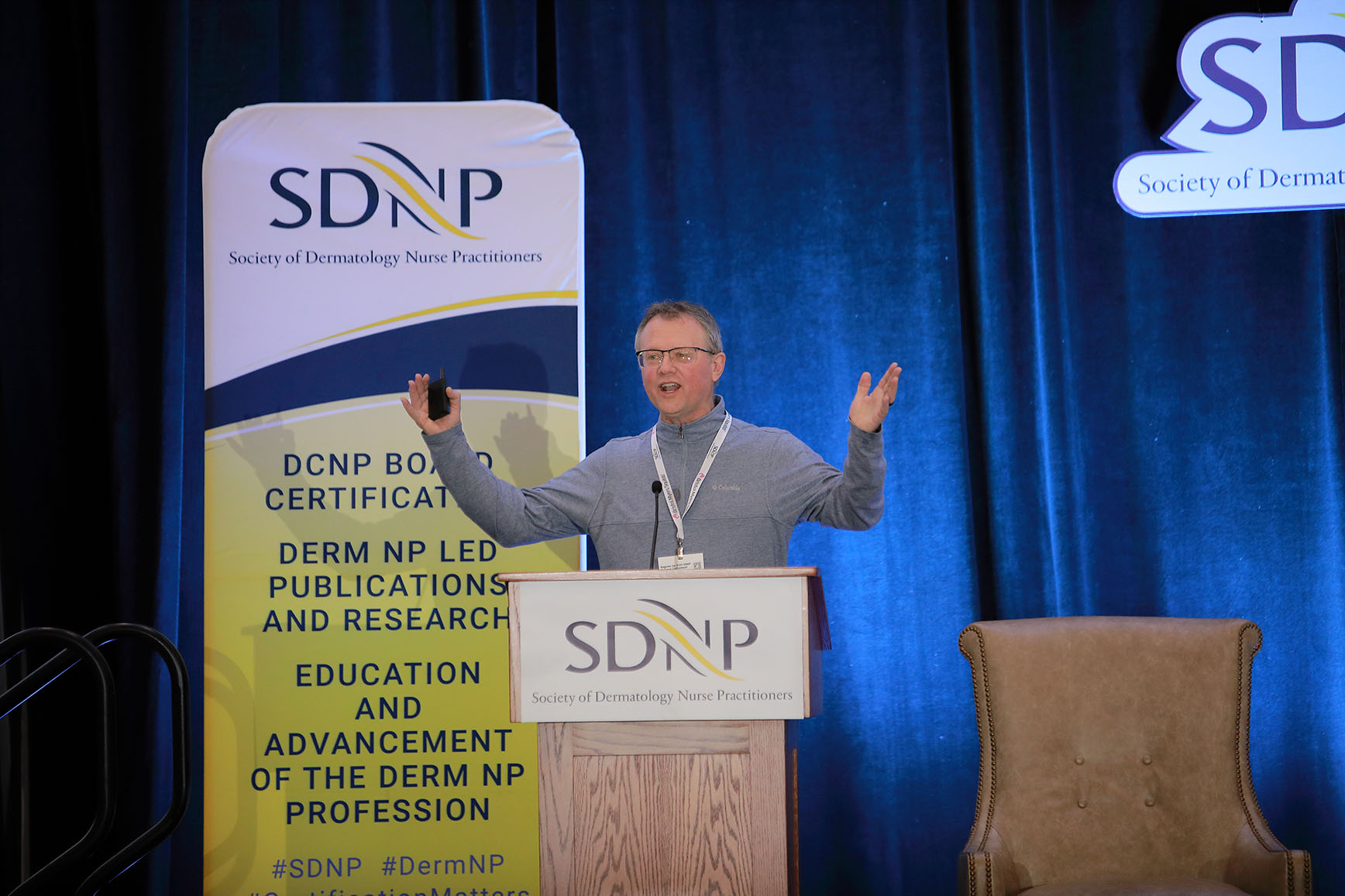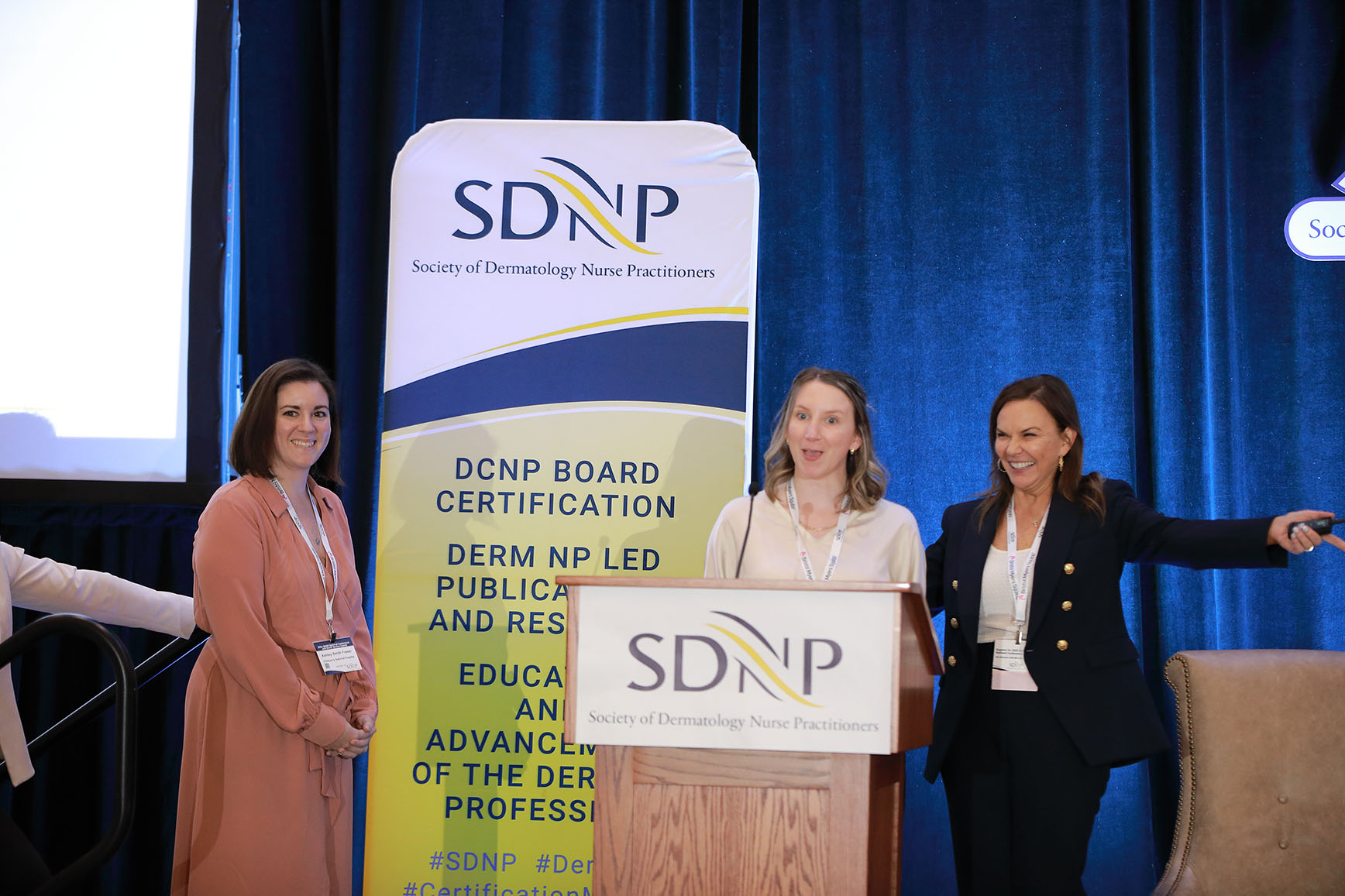SDNP does not manage the testing or recertification process for the DCNP certification program. To learn more about the exam, register for the exam, or to recertify, please contact the DNPCB directly.CertificationDermatology NP Certification UpdatesPresented by Catherine Hoover, MSN, NP-C at the SDNP 2021 Annual Symposium 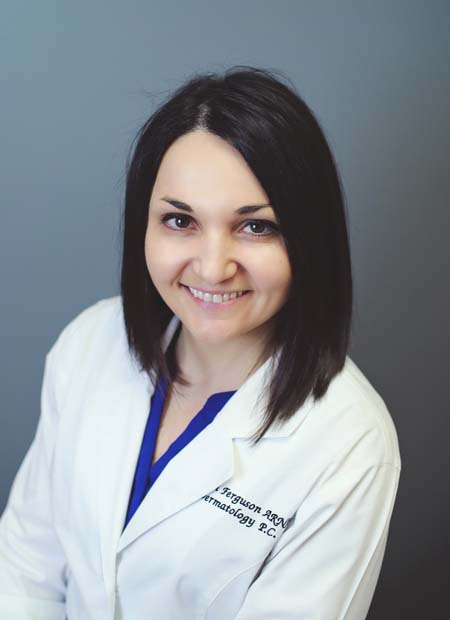
Why I Became Certified My first job as a nurse practitioner was in a private practice dermatology clinic, of which I am still working at 12 years later. When I started, I quickly found, like I am sure many of you can relate, that there is a lot more to dermatology than warts, acne, and skin cancer! Dermatology is such a complex field that often gives us clues to other systemic changes in the body. It is incredible the amount of knowledge that is necessary to have a good understanding of the specialty. Our training to become nurse practitioners is generalized and based on age population (pediatric, family, geriatric, etc) but, at least for me, had very little focused knowledge in the field of dermatology. When I was hired, the dermatologists in the practice did an excellent job of “on the job training”, which I tried to supplement with additional texts and journals. I had found a link that you could become certified in dermatology as a dermatology nurse practitioner and knew right away that I was going to work toward sitting for that as soon as I was eligible. Prior to becoming an NP, I was an oncology nurse. During my years at the hospital, I became an OCN (oncology certified nurse) because I thought it would show my patients that I was knowledgeable in my field. So naturally, I wanted to become certified in dermatology as an NP. I have been certified for around 9 years. I find that I am very proud of the fact that I became certified. I feel that it separates me from others in my practice as it shows my dedication to the profession. I have been able to be involved in many professional committees and network with wonderful NPs in dermatology because of my certification too. Overall, for me the question was not whether to certify, but rather why wouldn’t you want to certify. Certification has so many positive benefits. The following are what you and your patients receive when you become certified.
|


